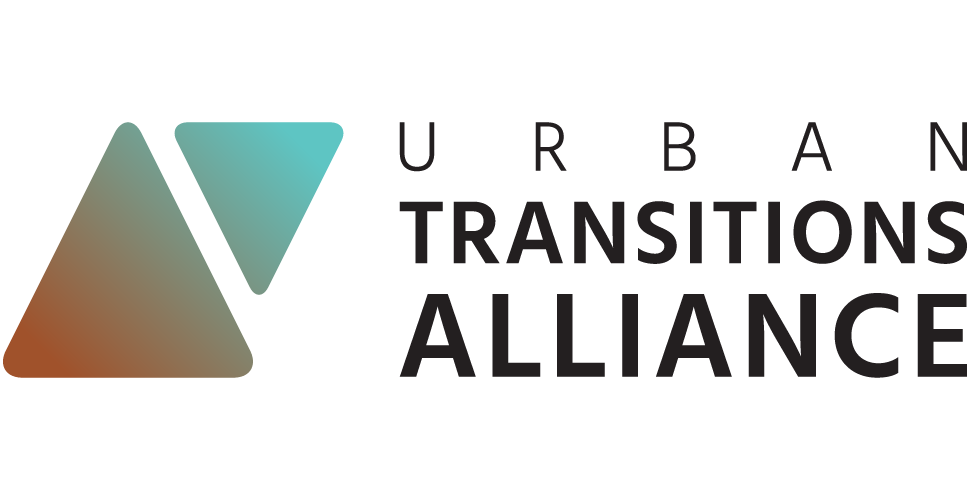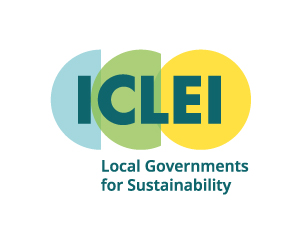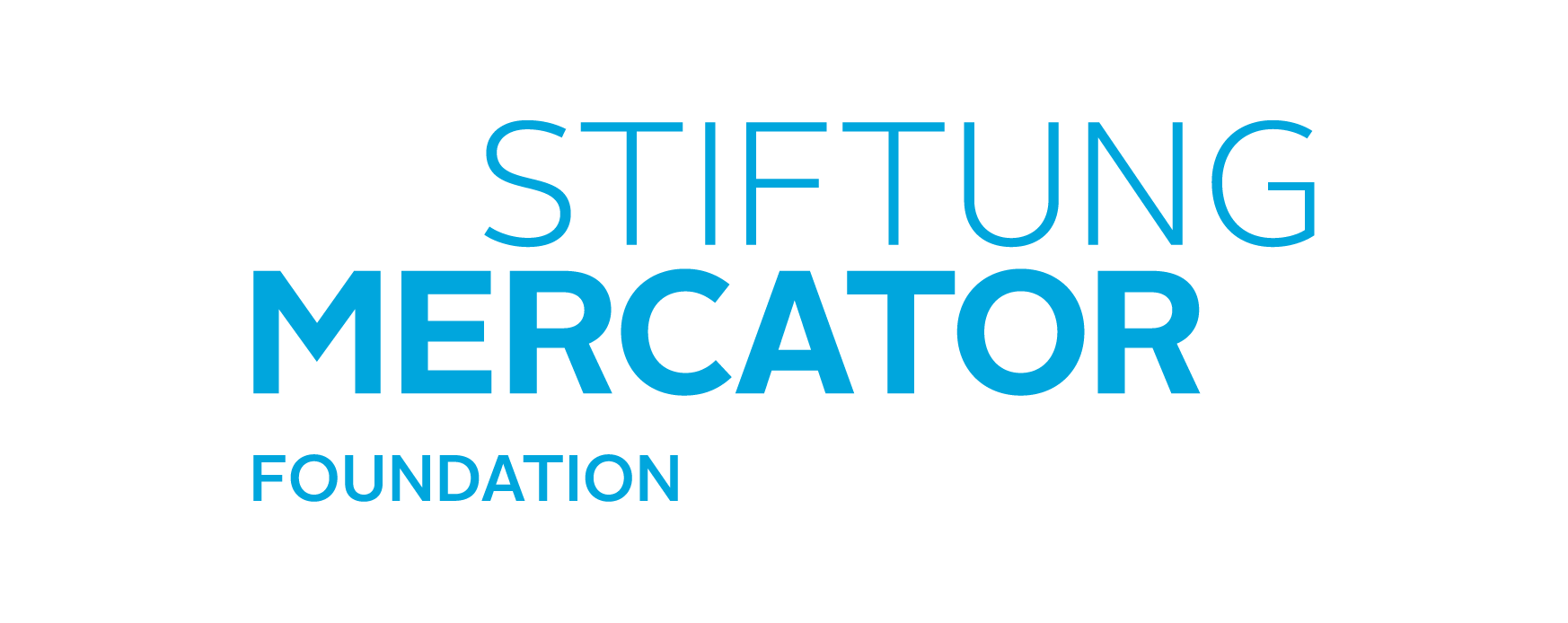SOCIAL EQUITY FRAMEWORK IN PRACTICE: INDUSTRIAL LEGACY CITIES DEMONSTRATE HOW TO ADVANCE JUST CLIMATE ACTION
By Rebecca Wessinghage, Transition Concepts Officer, ICLEI – Local Governments for Sustainability
At the UN Climate Change Conference COP26 in Glasgow, global attention will be on the critical topic of climate justice. As activists are calling for system change to address the root cause of climate change and end global injustices, poverty and inequalities, November 6 has been designated the Global Day for Climate Justice. Huge protests are expected in Glasgow and around the world, demanding political leaders to take action.
UNPACKING THE JUST TRANSITION LOCALLY
Cities are at the forefront of increasing climate change impacts and play a critical role to deliver on the Paris Agreement. Still, climate change disproportionately affects low-income communities and already vulnerable groups, while climate investments often fail to benefit all local residents alike and some economic measures even increase the burden for the urban poor. From a local government perspective, the aspired system change means shifting away from extractive and fossil-fuel based industries towards localized, circular production models based on renewable resources. If paired with strategic investments in reskilling opportunities and accessible public services and welfare, this paradigm shift holds the potential to create decent green jobs and protect livelihoods. Inclusive, participatory approaches are crucial to ensure all affected voices are heard. At COP26, cities are leading the way in advocating for inclusive climate action. For example, the Glasgow food and climate declaration is based on a holistic perspective on food systems as causes of climate change, environmental degradation as well as socio-economic and health inequalities. The declaration, signed by more than 70 local governments, is calling for integrated and participatory processes and will be presented on Global Climate Justice Day on 6 November.
EQUITY FRAMEWORK TO GUIDE INCLUSIVE CLIMATE ACTION
Like Glasgow, industrial legacy cities worldwide are building on their industrial past when tackling local challenges related to climate risks and social inequalities. Industrial decline and subsequent structural changes in these cities has had long-lasting effects which primarily impacted specific population groups and neighborhoods. Having experienced fundamental environmental, economic and social transitions, industrial legacy cities have learned to follow integrated approaches to sustainable urban development and prioritize the needs of their local populations. Key assets such as legacy infrastructures and a strong civil society help these cities to design inclusive climate programs.
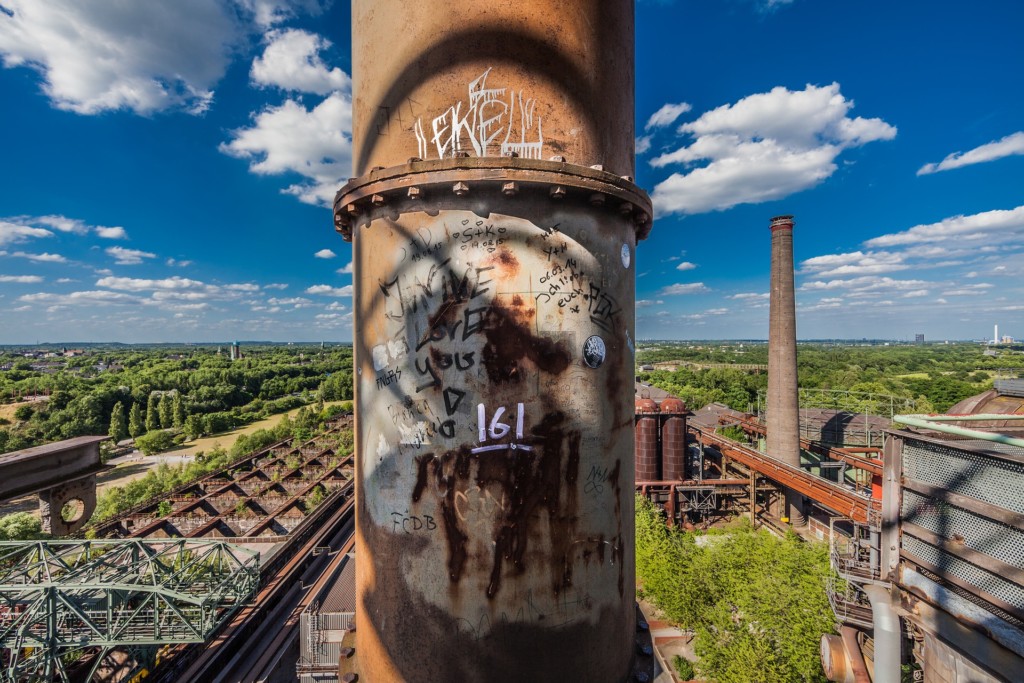
Through the Urban Transitions Alliance, industrial legacy cities across the globe have been collaborating to address their transition challenges and find new solutions. Cities in the Alliance are striving to mainstream equity-based approaches in their transition projects. Developed from the forward-looking efforts of member cities to address local inequalities, the Urban Transitions Alliance equity framework enables cities to prioritize just opportunities for local residents when designing their climate and environmental interventions, with special consideration of vulnerable and disadvantaged groups. 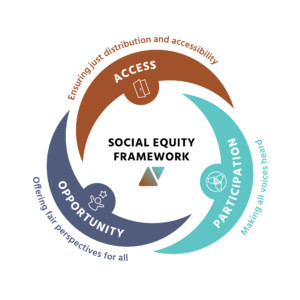
At UN Climate Change Conference COP26, the Urban Transitions Alliance member cities of Glasgow (UK), Turku (Finland) and Pittsburgh (USA) will showcase their just transition achievements and ambitious targets for inclusive climate action.
Alliance cities will bring key messages to COP26:
- Climate change primarily affects low-income communities and already vulnerable groups, while climate investments often fail to benefit all local residents alike. As industrial legacy cities have experienced a fundamental transition of their environmental, economic and social systems, they have learned to take a holistic view on local challenges. When designing solutions, they are prioritizing the needs of their local populations, with special consideration of vulnerable and disadvantaged groups.
- To ensure no local residents or communities are left behind, climate and equity targets need to be advanced hand in hand. Through the three simple dimensions of ACCESS, PARTICIPATION and OPPORTUNITY, the Urban Transitions Alliance equity framework provides a hands-on approach for local governments to accelerate climate justice and social equity.
- Having learned from their industrial past, Alliance cities are striving to shift away from the take-make-waste model which is contributing to the triple crisis of social inequality, climate change and environmental degradation. Having become hubs for innovation, they are embracing a systemic change towards more localized, diversified and circular economic systems that mitigate GHG emissions in a holistic manner.
ALLIANCE EVENT RECOMMENDATIONS @COP26
Redesigning economic systems for just, circular and nature-based cities
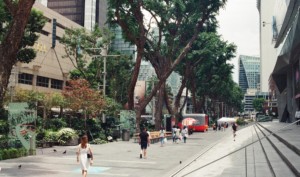 Friday, 5 November | 16:30-18:00 BST
Friday, 5 November | 16:30-18:00 BST
This session will gather local government leaders whose jurisdictions are at the forefront of the just, circular and nature-based transitions, and showcase tangible examples of how this can be done in practice.
Venue: LGMA Pavilion, COP26 Blue Zone
Host: ICLEI | Urban Transitions Alliance, ICLEI Circulars, Clever Cities
Alliance participation: David McDonald, Councillor & Deputy Leader Glasgow City Council and City Convener for Culture, Vibrancy and International Cooperation, Glasgow, UK; Minna Arve, Mayor of Turku, Finland & ICLEI Vice President
MPGCA Cities, Regions and Built Environment Action Event: Building places for people to thrive in a zero-carbon, resilient future
 Thursday , 11 November | 10:30-13:15 BST
Thursday , 11 November | 10:30-13:15 BST
This event will explore how cities can inspire radical changes for people to lead lives compatible with a 1.5°C lifestyle, especially looking through the lenses of the key pillars of the Human Settlements pathway.
Venue: MPGCA Amphitheatre SSE Hydro, COP26 Blue Zone
Host: Marrakech Partnership for Global Climate Action (MPGCA)
Alliance participation: Minna Arve, Mayor of Turku, Finland & ICLEI Vice President; William Peduto, Mayor of Pittsburgh, USA
International Mayors Panel Discussion at COP26: From Industrial Cities to a Green Urban Revolution
 Thursday , 11 November | 15:45-17:45 BST
Thursday , 11 November | 15:45-17:45 BST
Learn how cities across the globe are introducing pioneering solutions to accelerate the delivery of their net zero ambitions. The session will bring together mayors and leaders from industrial legacy cities.
Venue: City Chambers, Banqueting Hall, George Square, Glasgow, G2 1DU
Host: Greater Manchester Combined Authority and Glasgow City Council
Alliance participation: Cllr Susan Aitken, Leader of Glasgow, UK; Minna Arve, Mayor of Turku, Finland & ICLEI Vice President; William Peduto, Mayor of Pittsburgh, USA
For more relevant updates on this year’s global climate event and on driving multilevel climate action during and beyond the summit, follow ICLEI’s CityTalk Cities and Regions Guide to COP26.
